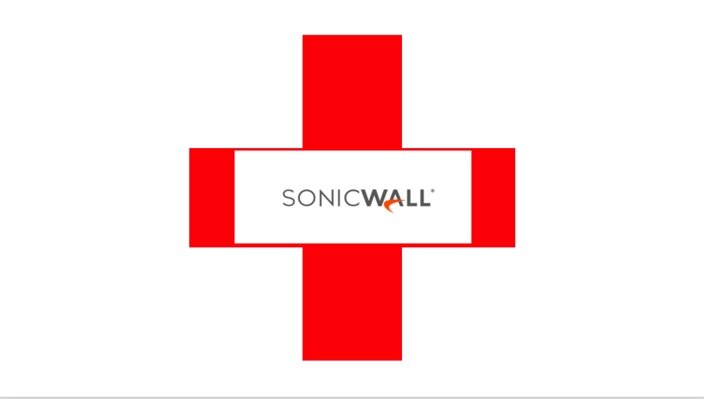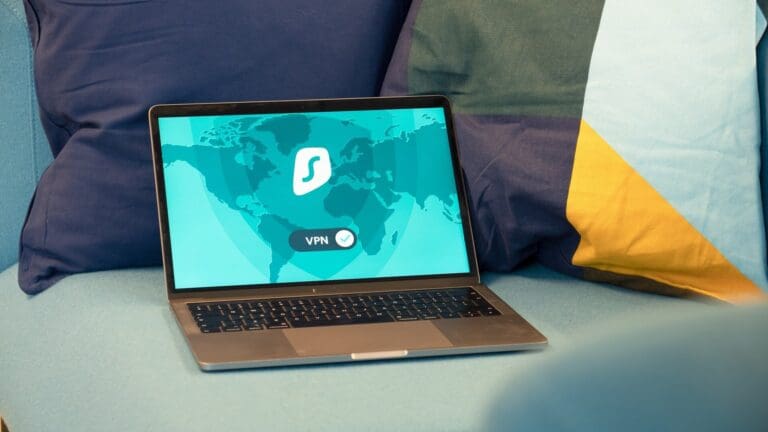SonicWall Patches Three Zero-Day Vulnerabilities
SonicWall has tested and published patches to mitigate three zero-day vulnerabilities in its email security products this week. Hackers are actively exploiting these vulnerabilities in the wild, and customers should patch them immediately.
Affected Products
The vulnerabilities affected the following versions of SonicWall’s email security and hosted email security products:
- 10.0.1
- 10.0.2
- 10.0.3
- 10.0.4-Present
The Addressed Vulnerabilities
The patches released by SonicWall mitigate three CVEs, listed below:
- CVE-2021-20021 (https://nvd.nist.gov/vuln/detail/CVE-2021-20021): An unauthenticated attacker can potentially create an administrator account by sending a crafted HTTP request.
- CVE-2021-20022 (https://nvd.nist.gov/vuln/detail/CVE-2021-20022): An authenticated attacker can potentially upload an arbitrary file to a vulnerable target.
- CVE-2021-20023 (https://nvd.nist.gov/vuln/detail/CVE-2021-20023): An authenticated attacker can potentially read arbitrary files from a vulnerable target.
More details from SonicWall can be found in its company advisory as well as in FireEye’s detail of how the exploits were being used. Here are links to both:
- SonicWall Advisory: https://www.sonicwall.com/support/product-notification/security-notice-sonicwall-email-security-zero-day-vulnerabilities/210416112932360/
- FireEye Detailed Threat Report: https://www.fireeye.com/blog/threat-research/2021/04/zero-day-exploits-in-sonicwall-email-security-lead-to-compromise.html
Remediations
SonicWall has patched its hosted email security product automatically, but customers will need to upgrade in-house email security products on their own, using the following versions:
- (Windows) Email Security 10.0.9.6173
- (Hardware & ESXi Virtual Appliance) Email Security 10.0.9.6173
SonicWall also provides detailed instructions for upgrading in this advisory article: https://www.sonicwall.com/support/product-notification/security-notice-sonicwall-email-security-zero-day-vulnerabilities/210416112932360/






